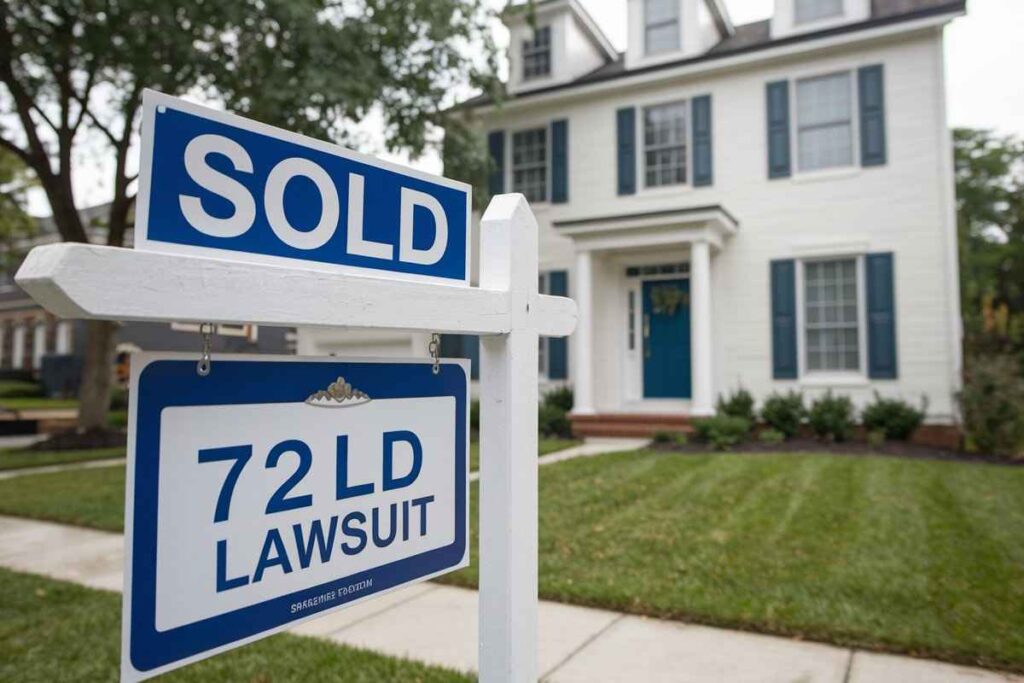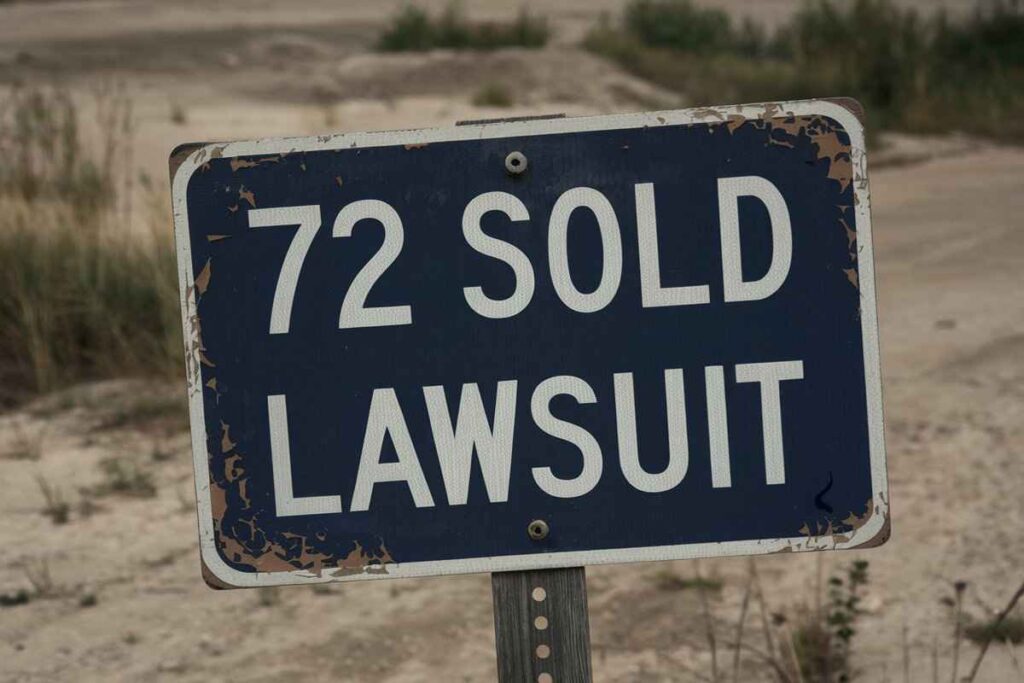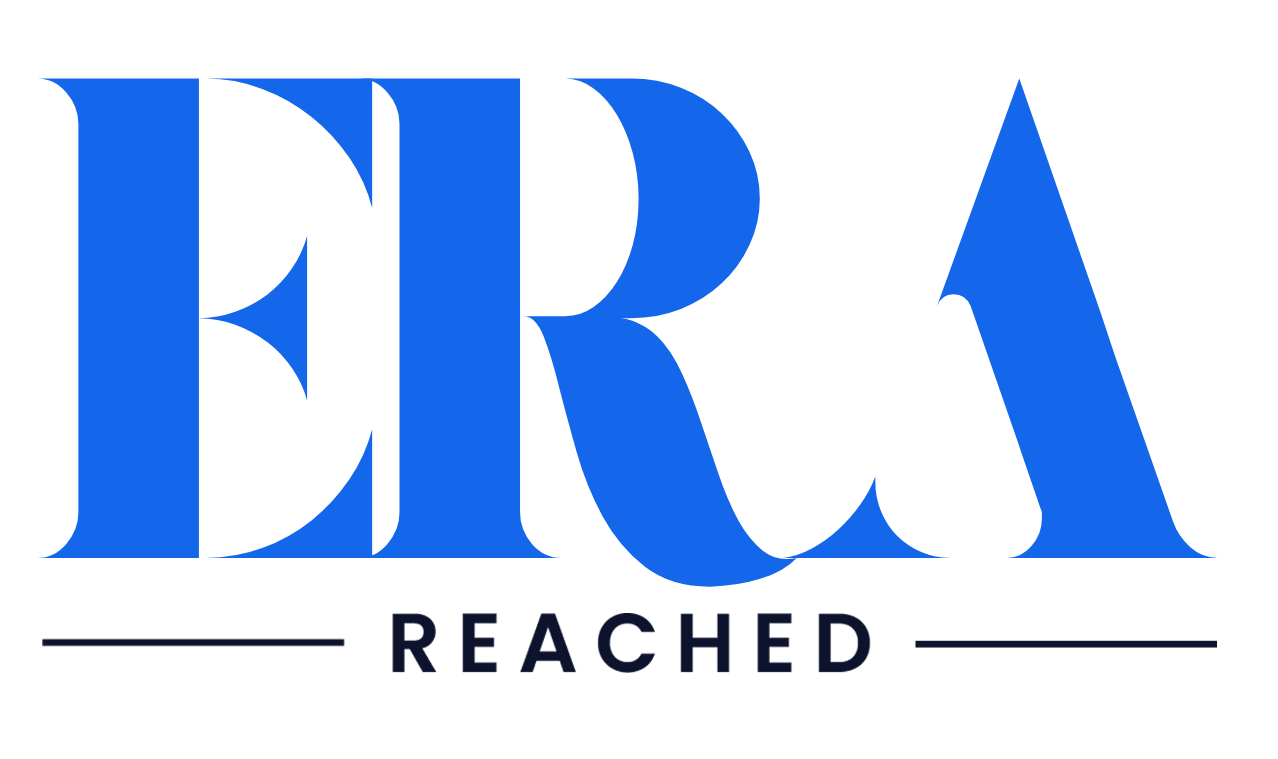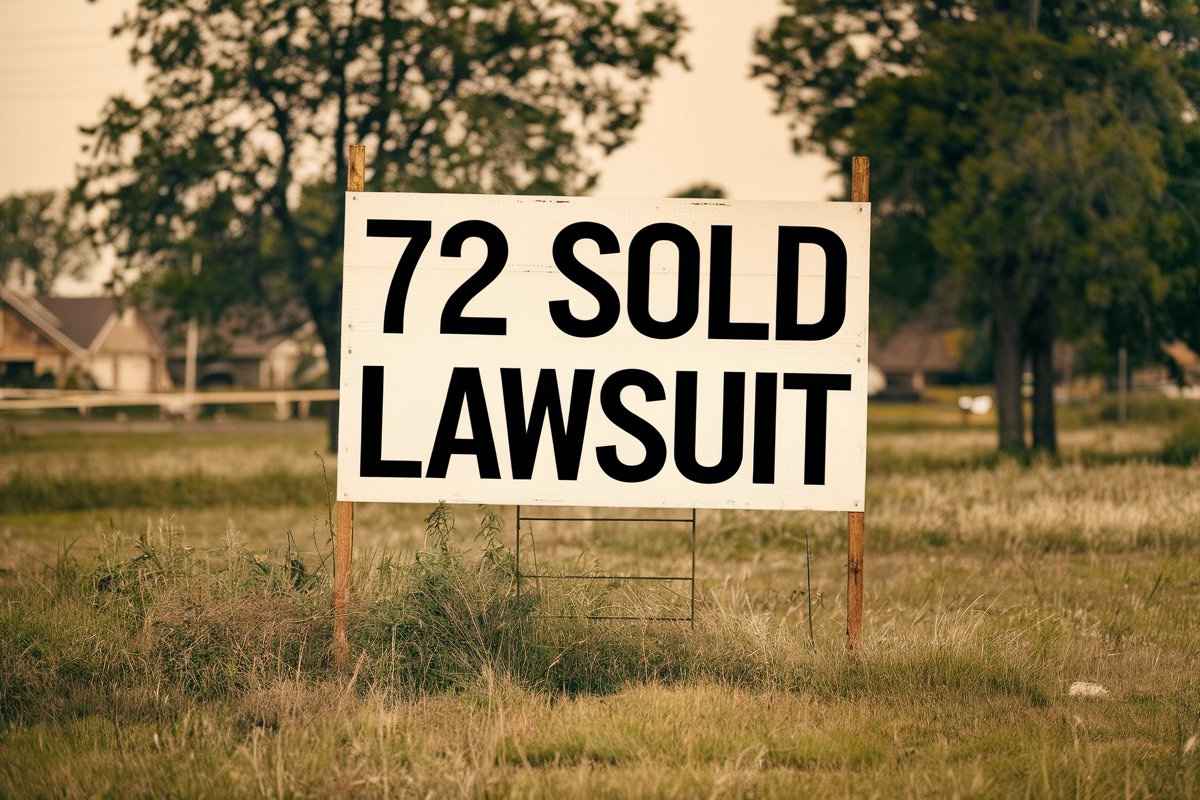- What is 72 sold?
- The Allegations Behind the 72 Sold Lawsuit
- Stakeholders in the 72 Sold Lawsuit
- Potential Impact of the Lawsuit on the Real Estate Industry
- Long-Term Consequences for the Real Estate Industry
- How the 72 Sold Lawsuit Could Impact Consumer Confidence?
- Lessons for Buyers and Sellers
- Conclusion
- FAQs
- What is the 72 Sold program?
- How does the 72 sold lawsuit model differ from traditional real estate?
- What are the key allegations against 72 sold lawsuit?
- How can buyers and sellers protect themselves from misleading practices?
- What is the significance of the 72 Sold lawsuit for the real estate industry?
- How has 72 Sold responded to the lawsuit?
- Can 72 Sold’s approach still be successful despite the lawsuit?
- How might the lawsuit affect real estate commissions?
The real estate sector is currently in the spotlight, with the 72 Sold lawsuit generating widespread attention.
This legal battle has ignited debates surrounding advertising practices, fee transparency, and the ethical conduct of real estate companies.
As consumers demand more trust and accountability, the outcome of this case could reshape how property transactions are conducted for years to come.
What is 72 sold?

72 sold, founded in 2018 by Greg Hague, is a real estate platform designed to revolutionize the home-selling process.
Operating in 38 U.S. markets and in partnership with Keller Williams, 72 Sold promises an auction-style system to sell homes quickly, typically within eight days or less.
This model aims to create a sense of urgency, attracting potential buyers through competitive bidding.
The company’s swift approach has caught the attention of homeowners eager to sell their properties quickly and real estate investors looking to maximize their portfolio’s liquidity.
With a nationwide reach, 72 Sold has attracted a loyal customer base but is now facing significant legal scrutiny.
The Allegations Behind the 72 Sold Lawsuit
The 72 Sold lawsuit involves multiple serious allegations that are shaking the foundation of the company’s business model.
At the core of the claims are accusations of misleading advertising and deceptive business practices, particularly related to their marketing and fee structures.
Misleading Advertising Practices
One of the primary allegations against 72 Sold is that it misrepresents its selling timeline, advertising properties as being sold in eight days or less.
Customers have claimed that the company’s promises often do not align with reality, with many homes selling for less than expected or taking far longer to sell.
These discrepancies have led to frustrated sellers who feel misled by the program’s promises.
Hidden Fees and Lack of Transparency
Another significant issue raised in the lawsuit revolves around hidden fees. Homeowners allege that 72 Sold did not provide a clear breakdown of the fees involved in the process.
As a result, many clients faced unexpected charges that were not disclosed upfront. This lack of transparency has raised ethical concerns about the company’s practices and left many clients feeling blindsided.
Concealed Information and Misrepresentation
In addition to misleading advertising and hidden fees, the lawsuit claims that 72 Sold concealed essential information about their service.
Homeowners allege they were not provided with all the facts upfront, leading to confusion and dissatisfaction after they had already committed to the program.
Stakeholders in the 72 Sold Lawsuit
The 72 Sold lawsuit involves various stakeholders, each with different perspectives on the issue:
Homeowners
The central figures in the lawsuit, homeowners allege that they were misled by 72 Sold’s promises and suffered financially as a result of misrepresentations and hidden costs.
72 Sold and Greg Hague
The company and its founder, Greg Hague, stand accused of deceptive marketing practices and lack of transparency.
They are defending their business model, arguing that the accusations stem from misunderstandings.
Regulatory Bodies
Consumer protection agencies and regulatory bodies are monitoring the situation closely.
If the allegations are proven true, the company could face significant consequences, including legal and financial penalties.
Potential Impact of the Lawsuit on the Real Estate Industry

The 72 Sold lawsuit has broader implications for the real estate industry, particularly concerning advertising practices, consumer protections, and industry transparency.
Increased Regulatory Scrutiny
If 72 Sold is found guilty of misleading advertising or deceptive business practices, it could lead to increased regulatory scrutiny across the industry.
Other real estate companies may face tighter rules regarding advertising, commission structures, and fee disclosures.
This could ultimately create a more transparent and accountable environment for buyers and sellers.
Industry-wide Shifts in Business Practices
This lawsuit may prompt real estate companies to rethink their business models, especially those employing unconventional or aggressive sales tactics.
Clearer fee structures, better communication, and more accurate advertising could become the new industry standard to avoid legal complications and protect consumer trust.
Heightened Consumer Awareness
The lawsuit could serve as a wake-up call for consumers. Homebuyers and sellers will likely become more cautious and demand greater transparency in real estate transactions.
This increased awareness could change how real estate companies operate, encouraging a more ethical and transparent approach to marketing and sales.
Long-Term Consequences for the Real Estate Industry
The outcome of the 72 Sold lawsuit could lead to significant changes in the industry, especially concerning regulations and consumer protection.
Stricter Disclosure Requirements
If the allegations are proven true, we could see tighter disclosure requirements in the real estate sector.
Companies may be legally obligated to clearly outline all fees, commissions, and terms of service, ensuring that consumers are fully aware of the costs involved before committing to a sale.
Strengthened Consumer Protection Laws
The case could also lead to the implementation of stronger consumer protection laws.
These laws would ensure that homebuyers and sellers have more rights and safeguards during transactions, making it more difficult for companies to engage in deceptive or misleading practices.
Restoration of Trust in the Market
Ultimately, the 72 Sold lawsuit might lead to a shift in how the real estate industry is perceived.
If significant changes are made to increase transparency and accountability, the industry could see restored consumer trust.
On the other hand, if the case results in only minor changes, it could reinforce skepticism toward non-traditional selling models.
How the 72 Sold Lawsuit Could Impact Consumer Confidence?
The impact of the 72 Sold lawsuit on consumer confidence in the real estate market will depend largely on the outcome of the case.
If 72 Sold is found guilty of deceptive practices, it could cause a decline in consumer trust and lead to skepticism about innovative selling models like 72 Sold’s auction-style approach.
However, if 72 Sold is successful in defending its practices, it could demonstrate that unconventional methods can work without being deceptive.
This could help legitimize non-traditional real estate models, opening the door for more innovative approaches to home sales.
Lessons for Buyers and Sellers

In the wake of the 72 Sold lawsuit, buyers and sellers should be more cautious when engaging with real estate companies. Here are some important steps to take:
Do Thorough Due Diligence
Research any company you plan to work with, reading reviews, checking credentials, and ensuring that they are fully transparent about their services and fees.
Review Contracts Carefully
Always read the fine print of contracts and agreements. If you don’t understand something, don’t hesitate to ask for clarification.
Seek Legal Advice
If you feel uncertain about any part of the process, consider consulting a lawyer to ensure your rights are protected.
Conclusion
The 72 Sold lawsuit is a significant moment for the real estate industry. Whether the company is found guilty or innocent, the case highlights the need for greater transparency, ethical practices, and clear communication within the sector.
The outcome of this lawsuit could influence how companies market their services and how regulators enforce consumer protections in the future.
As the case unfolds, it serves as a powerful reminder for all parties homeowners, real estate agents, and investors to prioritize integrity and transparency in every transaction.
Only by doing so can we restore trust and confidence in the real estate market for years to come.
FAQs
What is the 72 Sold program?
72 sold lawsuit offers a quick home-selling process, promising to sell properties in eight days or less using an auction-like model.
How does the 72 sold lawsuit model differ from traditional real estate?
The model focuses on a fast, competitive auction approach to drive interest and sell homes quickly, unlike traditional listing methods.
What are the key allegations against 72 sold lawsuit?
Allegations include misleading advertising, hidden fees, and failure to deliver on promises regarding the timeline and sale prices of homes.
How can buyers and sellers protect themselves from misleading practices?
Thorough research, reading fine print, and seeking legal advice can help ensure transparency and prevent misunderstandings.
What is the significance of the 72 Sold lawsuit for the real estate industry?
It may lead to stricter regulations, increased transparency, and changes in how real estate companies advertise and charge for services.
How has 72 Sold responded to the lawsuit?
72 Sold defends its business model, claiming that misunderstandings about its services have led to the allegations.
Can 72 Sold’s approach still be successful despite the lawsuit?
The company could potentially recover if it improves transparency and addresses concerns, but trust will be key moving forward.
How might the lawsuit affect real estate commissions?
The lawsuit could influence commission structures across the industry, prompting changes in how agents charge for their services.




